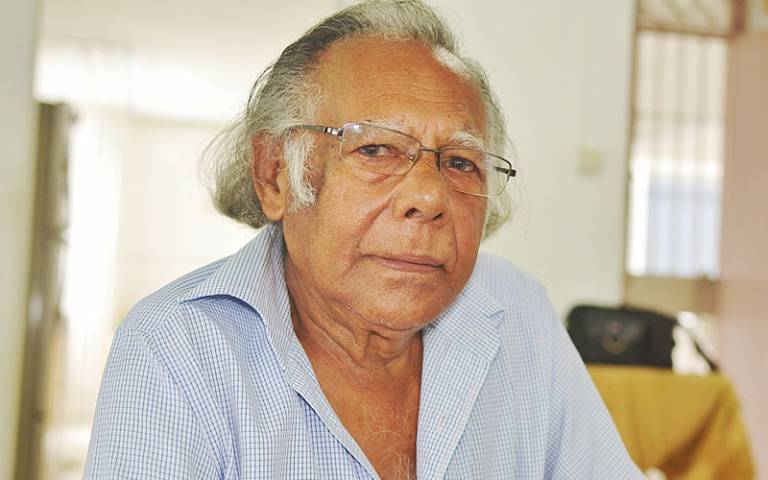Ethnic inequalities among over 50s revealed in new research
19 August 2020
Black, Asian and minority ethnic (BAME) people aged between 50 and 70 are more likely to be in the poorest fifth of England’s population and live in the most deprived neighbourhoods, finds a new study co-led by UCL researchers.

The research, carried out with Institute of Public Policy Research (IPPR) for the Centre for Ageing Better, also found that black people in their 50s and 60s have significantly lower weekly incomes, an average of £100 a week less, than their white peers, and are less likely to own their own homes outright.
In addition, the research also shows that black men and women in their 50s and 60s are more likely to be working – while white people in this age group are three times more likely to have retired – suggesting people from these ethnic groups are more likely to be in low paid jobs and/or to have less access to other sources of income, such as pension savings and assets.
The research also found significant inequalities in housing. Nearly half of white people in their 50s and 60s own their home outright, compared to just 13% of their black peers. People approaching later life from BAME backgrounds are more likely to live in deprived neighbourhoods, with nearly a third of black and a quarter of Asian people living in the most deprived areas, compared to just 16% of the white population.
The inequalities uncovered by this research are particularly significant as older generations become more diverse: the proportion of BAME people aged 50-70 has doubled from 4% to 8% since the previous generation.
Dr Paola Zaninotto (UCL Institute of Epidemiology & Health) said: “An increasing number of black, Asian and minority ethnic people are now approaching later life and our results show that compared to white people they are facing challenges across a large number of areas in their life, putting them at risk of missing out on a good later life.”
Anna Dixon, Chief Executive, Centre for Ageing Better, said: “Our new research shows that ethnic inequalities are deeply entrenched among the generation approaching later life, with those from black, Asian and minority ethnic backgrounds facing disadvantages across many areas of life. As older generations become increasingly diverse, it’s vital that these inequalities are tackled so that no-one misses out on a good later life. This means better paid work, more affordable and better housing, and targeted measures to reduce ill health for people approaching later life from BAME backgrounds.
Unfortunately, ethnic inequalities are not fully understood because we do not collect the data. More research is needed to shed light on the inequalities experienced by BAME people in their 50s and 60s so we can act to address them.”
The data comes from a new research project, a partnership by the UCL Institute for Epidemiology and Health Care and IPPR, commissioned by the Centre for Ageing Better. Through large-scale quantitative and qualitative research it seeks to uncover which factors contribute most to a ‘good later life’, who is most at risk of missing out on this and how this has changed over time. Key factors examined include financial security, good health, social connections and meaning and purpose. The final study will be published in early 2021.
Anna Round, Senior Research Fellow at IPPR, said: “All too often, we hear lazy stereotypes applied to everyone in middle or later life. But these findings show stark differences within this age group – for example in health and in financial wellbeing. We need a better understanding of what lies behind these and many other differences, including the inequalities associated with ethnicity that emerge from this research. And we need to collect and analyse the data to build our understanding. That’s essential if we are to work out how everyone can have the best chance of a decent quality of life as we get older.”
Links
- Dr Paola Zaninotto’s academic profile
- UCL Institute of Epidemiology & Health Care
- UCL Faculty of Population Health Sciences
- Centre for Ageing Better
- Institute for Public Policy Research (IPPR)
Image
- ‘People portrait man elder person’ Credit: Abdul Salim from Pixabay CC by 2.0
Media Contact
Erin Johnson
Tel: 0750 648 5823
Email: erin.johnson [at] ucl.ac.uk
 Close
Close

